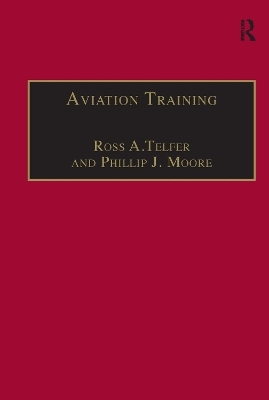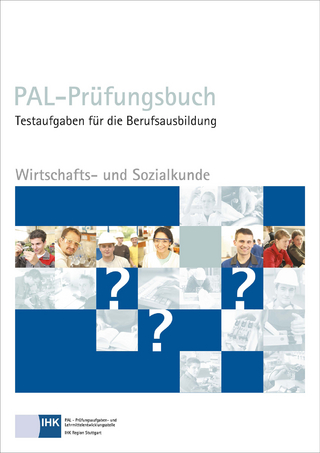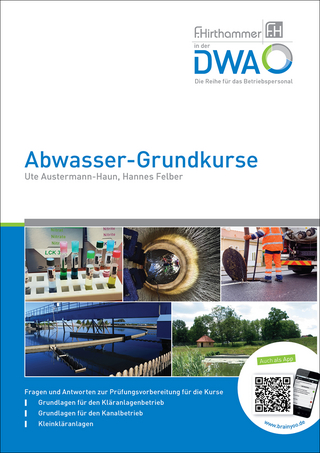
Aviation Training
Ashgate Publishing Limited (Verlag)
978-0-291-39837-6 (ISBN)
- Titel z.Zt. nicht lieferbar
- Versandkostenfrei innerhalb Deutschlands
- Auch auf Rechnung
- Verfügbarkeit in der Filiale vor Ort prüfen
- Artikel merken
The book is in three parts, which consider training from the perspective of the learner, the instructor and the organization. Its intended readership includes civil and military training and senior pilots, flying instructors, check pilots, CRM facilitators, Human Factors and safety departments, and aviation and educational psychologists as well as those in operations and air traffic management and regulatory authorities.
Dr Ross A. Telfer, Instructional Research and Development Pty, Australia. Dr Ross was formerly Foundation Professor and Head of Department of Aviation at the University of Newcastle, Australia. He now heads his own international consultancy (Instructional Research and Development) which has been active with a number of airlines developing and evaluating training programs. His current research interest is in pilot learning and training. Dr Phillip J. Moore Professor and Head of the Department of Educational Psychology, Counselling and Learning Needs, for the Hong Kong Institute of Education in Tai Po, Hong Kong. Previously, he was Associate Professor in Education at the University of Newcastle, Australia. He taught educational psychology in the Department of Education and instructional courses in the department of Aviation and Technology. With Telfer he has been conducting joint research with national and international airlines on pilot, instructor and organizational perspectives on learning.
Contents: Introduction: The roles of learning, instruction and the organization in aviation training. Learners: Introduction to part 1 - Learners; Age and pilot performance; Pilot characteristics; Expertise and cognitive skills development for ab-initio pilots; Individual differences and CRM training; Automation, flight management, and pilot training: issues and considerations; Learning for new technologies; The flight crew member’s responsibility and role in aviation training; Reducing attrition rates of cadet pilots. Instruction: Introduction to part 2 - Instruction; Joint training and the real stuff; Evaluation and the instructor; Loft facilitator training; The evaluation of Virgin Atlantic Airways’ Crew Resource Management training program; The evaluation of aviation curriculum in the affective domain: some preliminary thoughts; Predicting and enhancing flight deck performance; Production of CRM programs; Initial captain training - a systems approach; A checklist for improving training manuals. Organization: Introduction to part 3 - Oganization; Organizational issues in human factor training; Airline training for new technology; Training and developing the aircrew manager; The management of change in aviation training; Cultural and organizational challenges for human factors training; Expanding teamwork beyond the cockpit door: an integrative program (’OASIS’) for pilots, cabin crew, station managers/traffic and ground engineers; Human factors: training for organizational change; The training cycle: an organizational perspective; Indices.
| Erscheint lt. Verlag | 19.6.1997 |
|---|---|
| Sprache | englisch |
| Maße | 156 x 234 mm |
| Gewicht | 910 g |
| Themenwelt | Sozialwissenschaften ► Pädagogik ► Berufspädagogik |
| Technik ► Fahrzeugbau / Schiffbau | |
| Technik ► Luft- / Raumfahrttechnik | |
| ISBN-10 | 0-291-39837-5 / 0291398375 |
| ISBN-13 | 978-0-291-39837-6 / 9780291398376 |
| Zustand | Neuware |
| Haben Sie eine Frage zum Produkt? |
aus dem Bereich


